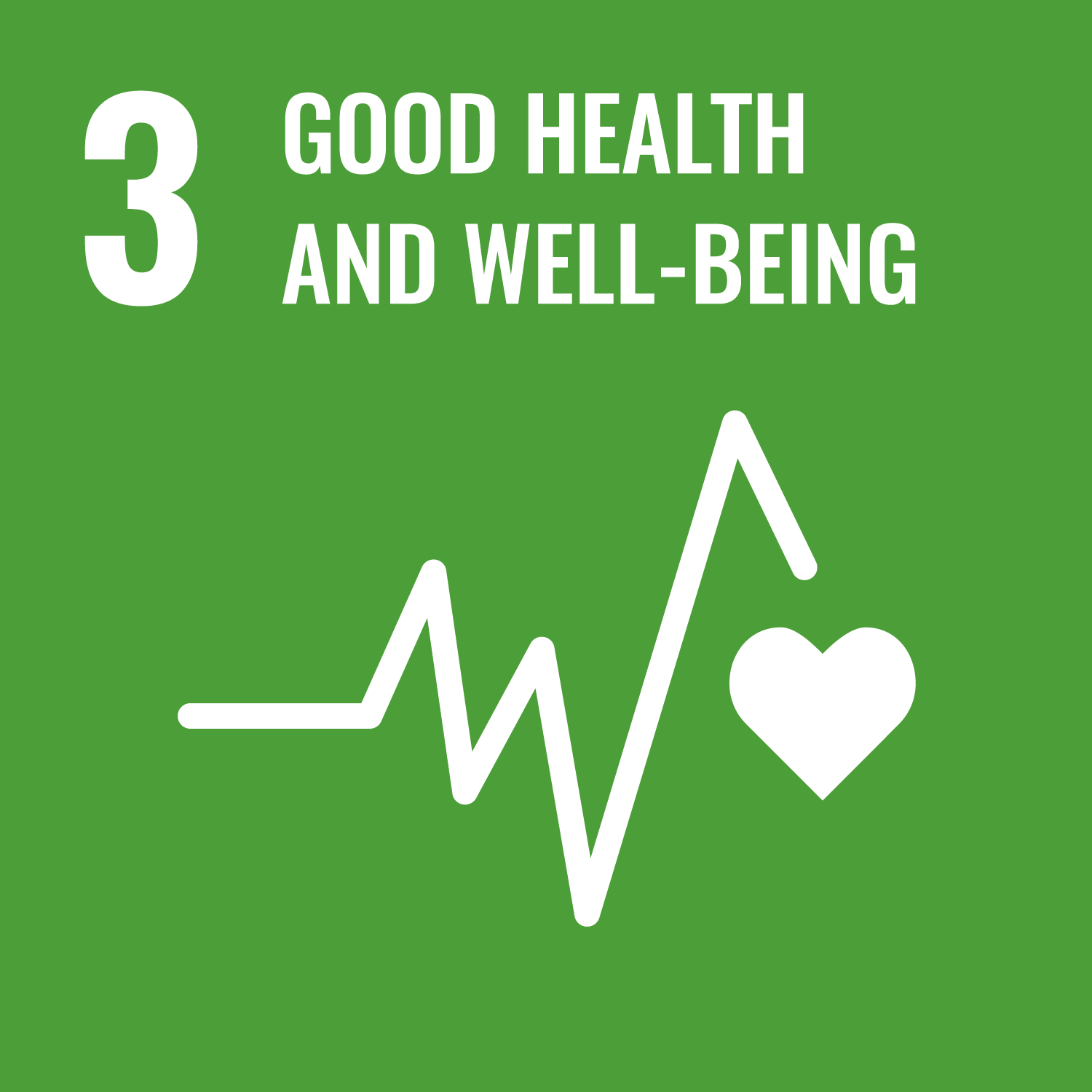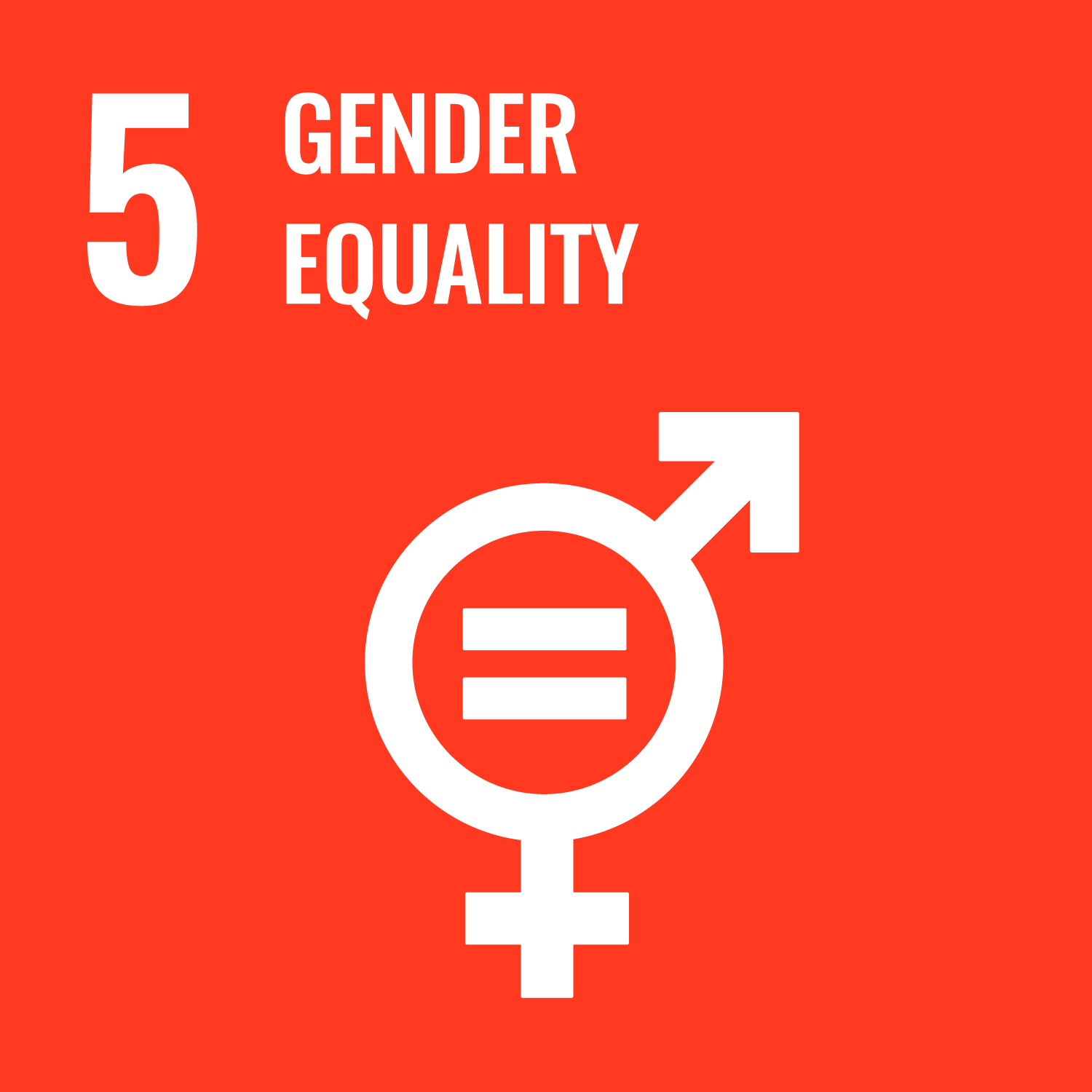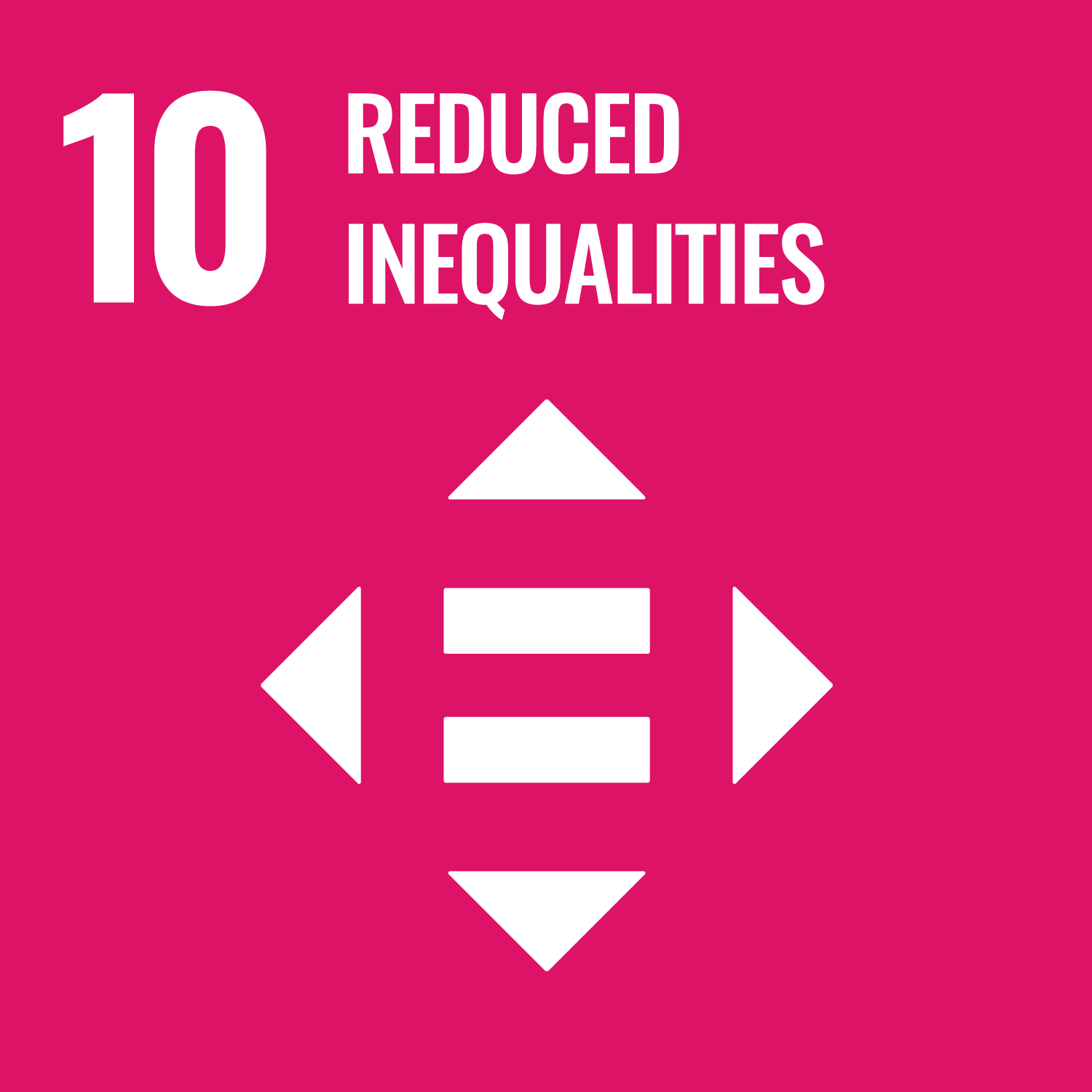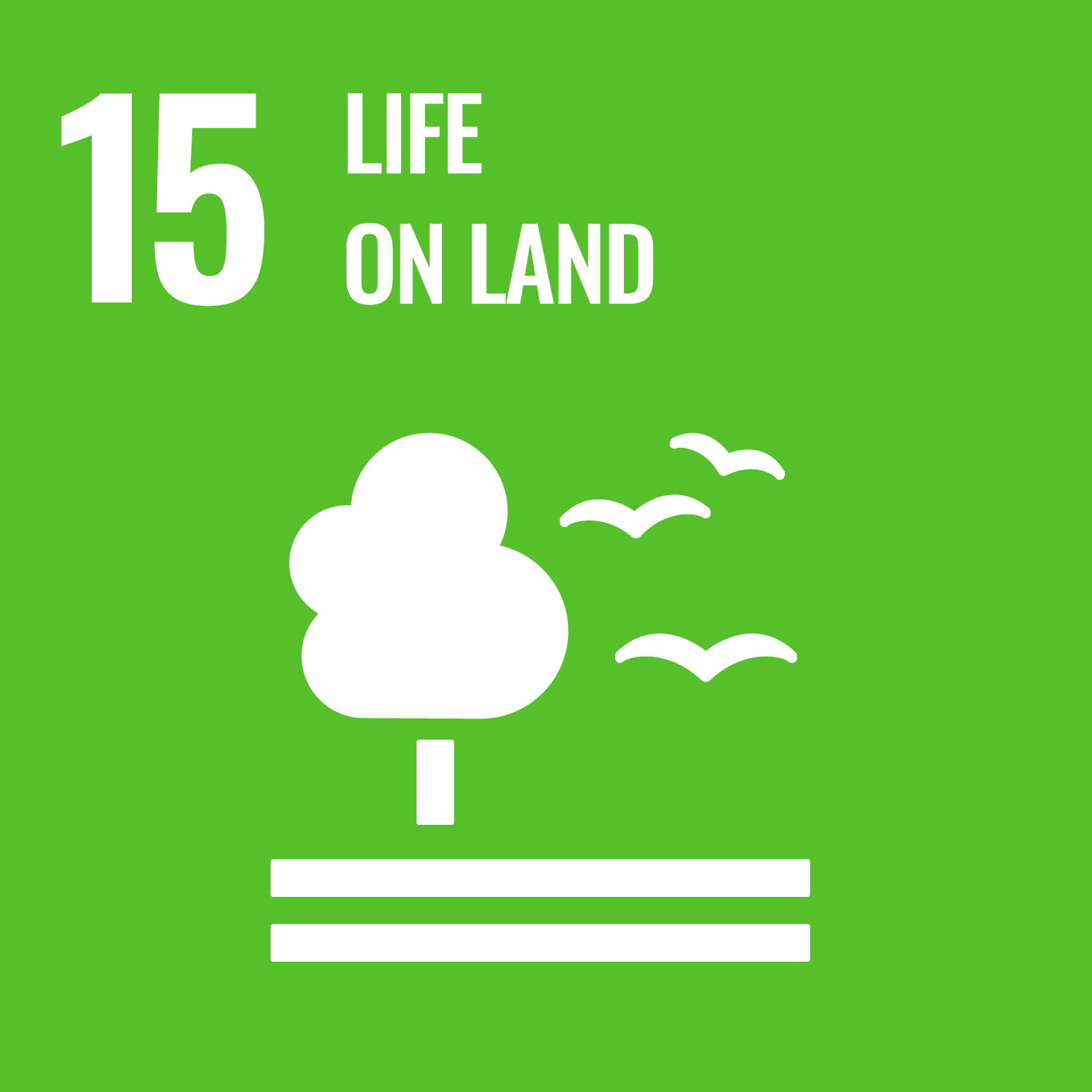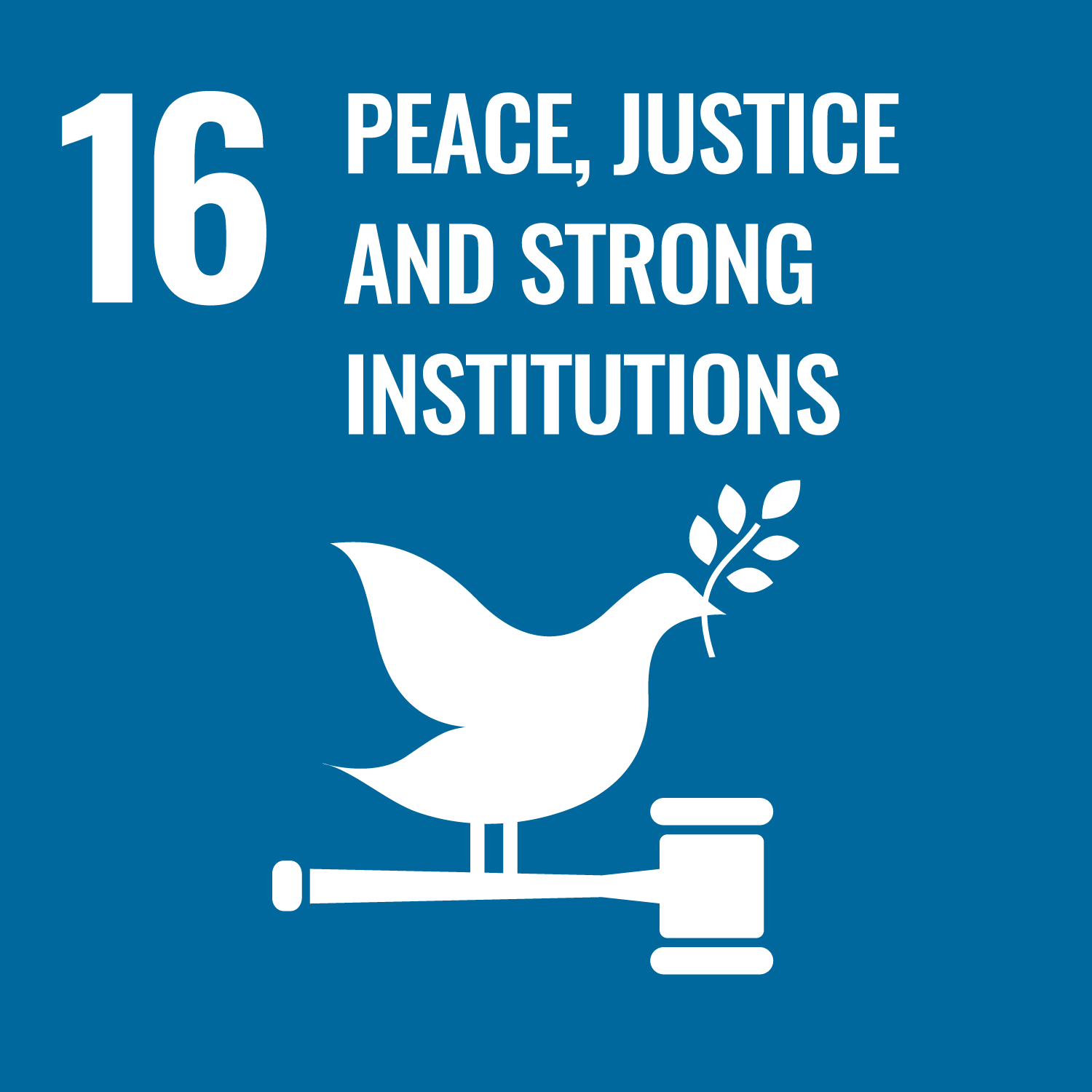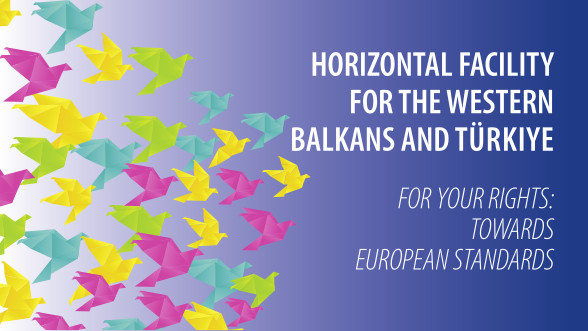Albania
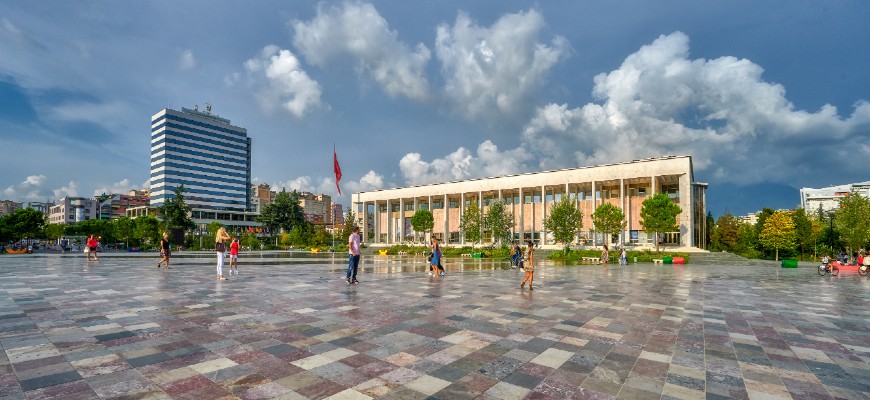
Albania benefits from Council of Europe co-operation initiatives to support its reform agenda, in the framework of its commitments as a member state, and to further progress in the European Union accession process. Co-operation interventions are carried out in the following key areas: efficiency of justice, protection of human rights and anti-discrimination, the fight against corruption and money laundering, equality and education, good governance as well as freedom of expression and freedom of the media. The Council of Europe Office in Tirana ensures co-ordination between headquarters and the national and international partners located in Albania.
Six actions are currently being implemented in Albania as part of the third phase of the European Union/Council of Europe Horizontal Facility for Western Balkans and Türkiye, which assists Beneficiaries with addressing the Council of Europe’s monitoring and advisory bodies’ recommendations, as well as relevant European Union accession priorities. In the area of justice, actions aim at bolstering the justice reform, supporting the enforcement of domestic courts, judgments of the European Court of Human Rights and property rights, alongside strengthening the quality and efficiency of justice. In the field of prisons, the initiative contributes to enhancing the protection of the human rights of prisoners, including strengthening the process of their rehabilitation and reintegration. Institutional capacities are being strengthened to prevent corruption, money laundering and the financing of terrorism. Support is provided to the authorities to enhance the implementation of the anti-discrimination legislation, while raising awareness of hate speech and promoting diversity. Assistance is also provided to further promote freedom of expression and freedom of the media.
In addition, Albania benefits from the support of the Swedish International Development Co-operation Agency through a project on strengthening Democratic citizenship education, as well as from support provided by Germany for the project on sustaining public administration reform at local level.
Moreover, Albania also plays an active role in the co-operation initiatives in the framework of regional actions of the Horizontal Facility which focus on the following areas: quality and sustainability of justice through the Council of Europe flagship initiative based on the CEPEJ methodology “Dashboard – Western Balkans II”, managing violent extremism in prisons, women’s access to justice, the fight against economic crime, combating intolerance and promotion of equality, as well as freedom of expression and freedom of the media.
Albania also benefits from three European Union/Council of Europe regional Joint Programmes implemented in South-East Europe. The capacity of the authorities to search, seize and confiscate cybercrime proceeds, prevent money laundering on the Internet and secure internet evidence is reinforced through the second phase of the regional programme iPROCEEDS 2. Support in promoting good governance and Roma empowerment at a local level is streamlined through the second phase of the ROMACTED regional programme. The Joint Programme on Roma integration, which began in May 2023 further enlarged the scope of this intervention in the region.
Through the implementation of the aforementioned programmes and actions, the Council of Europe has contributed to the UN 2030 Agenda for Sustainable Development by supporting the United Nations Sustainable Development Goals (SDGs), notably SDG 3 (target 8), SDG 4 (targets 5 and 7), SDG 5 (targets 1, 2 and c), SDG 10 (targets 2 and 3), SDG 15 (target 7) and SDG 16 (targets 1, 3, 4, 5, 6, 7, 10, a and b).
More information: Overview of the Council of Europe Contribution to the UN 2030 Agenda.



